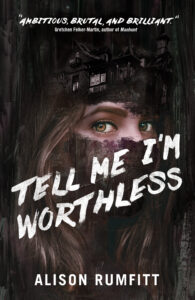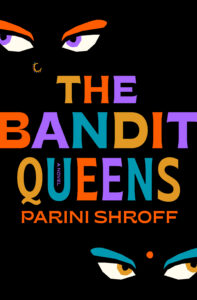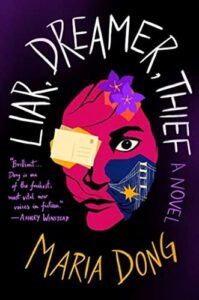The CrimeReads editors select the month’s best debut novels in crime fiction, mystery, and thrillers.
*

Michael Bennett, Better the Blood
(Atlantic Monthly Press)
Michael Bennett is a much-lauded Maori screenwriter and director, and this, his debut, brings his skills of storytelling to a new medium and introduces a compelling new heroine. Hana Westerman is a Maori CID detective with a rebellious teenage daughter, uncooperative colleagues, and now a truly puzzling case—someone’s been killing the descendants of a group of men responsible for an early 19th-century lynching, and it’s up to Hana to track them down while proving herself once again to her department. –Molly Odintz, CrimeReads Senior Editor

Ana Reyes, The House in the Pines
(Dutton)
In this deeply unsettling and atmospheric debut, a woman in Boston watches a YouTube clip of a young woman’s sudden collapse and death, an event that eerily mirrors incident from her own youth – right down to the man standing at the edge of the frame. This begins a journey back to her Berkshires hometown and into a mess of old secrets and family mysteries. Reyes has an unerring grip on this suspenseful story, full of barely suppressed adrenaline and shocking twists. –DM

Alison Rumfitt, Tell Me I’m Worthless
(Tor Nightfire)
In this intense haunted house story, three girls spend a night in a property cursed by the hatred and violence of those who first occupied its grounds. One is trapped in the house forever, and the other two barely escape, the house’s dark powers having revealed both their vulnerabilities and hatreds to each other. Rumfitt uses body horror and the tropes of the haunted house skillfully to explore the trans experience in an England full of terfs, and Tell Me I’m Worthless contains a strong anti-fascist message for a nation beset by growing prejudices. –MO

Parini Shroff, The Bandit Queens
(Ballantine)
This book is so much fun! In Parini Shroff’s dark comedy The Bandit Queens, the put-upon women of a small Indian village decide to get rid of their husbands—permanently. The plotting begins when Geeta, a village outcast with an undeserved reputation for killing her own husband, is asked by a fellow member of her economic cooperative for some help in disposing of a violent partner. Things quickly spiral out of control as the bodies start piling up, the police get curious, and Geeta enters into a second-chance romance with a quiet widower who runs a speakeasy. And there’s a dog! What’s not to love? –MO

Maria Dong, Liar, Dreamer, Thief
(Grand Central)
Maria Dong’s debut is both a twisty psychological thriller and a nuanced exploration of mental illness. The narrator of Liar, Dreamer, Thief is a quiet young woman grounded by her daily rituals and overwhelmed by the world around her. She’s more than curious about a coworker, and her reality begins to unravel when she realizes her coworker is just as curious about her. What is he hiding, and why does she so desperately want to know? The extremely satisfying conclusion will leave you gobsmacked. I gobbled this one up in an evening, and I highly recommend it for the cold nights ahead. –MO

Iris Yamashita, City Under One Roof
(Berkley)
Yamashita’s book has one of the most original premises I’ve seen. The debut focuses on a detective trying to solve a murder in a town in Alaska so small that everybody lives in the same high-rise (this one also has the hands of the pandemic on it as Yamashita artfully renders the claustrophobia of lockdown). The only access to Point Mettier, population 250, is through a tunnel that is frequently blocked by the ravages of winter. A blizzard seals the tunnel with Cara Kennedy, an Anchorage police officer, stuck in town. She’s there to investigate a couple of body parts that washed up on shore alongside a local cop, but an astounding number of secrets can be contained in a town of 250 people. –Lisa Levy, CrimeReads contributing editor

















